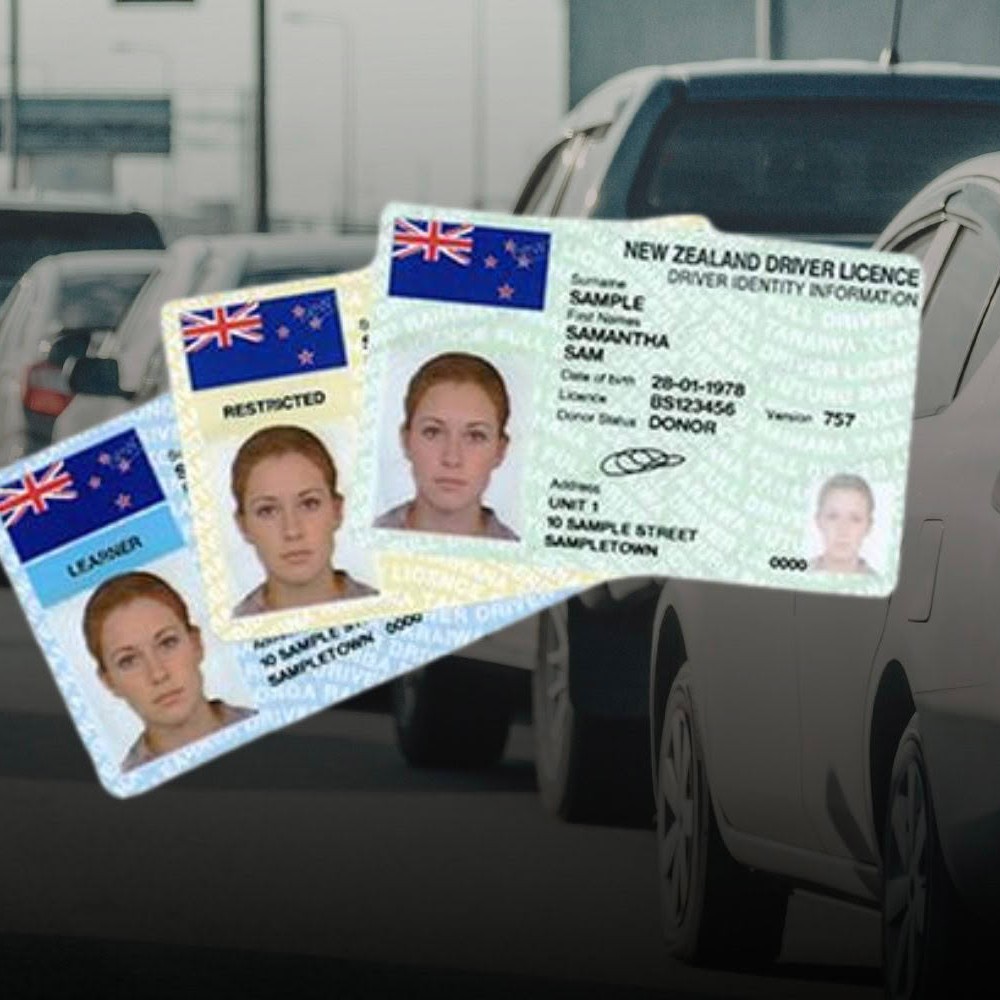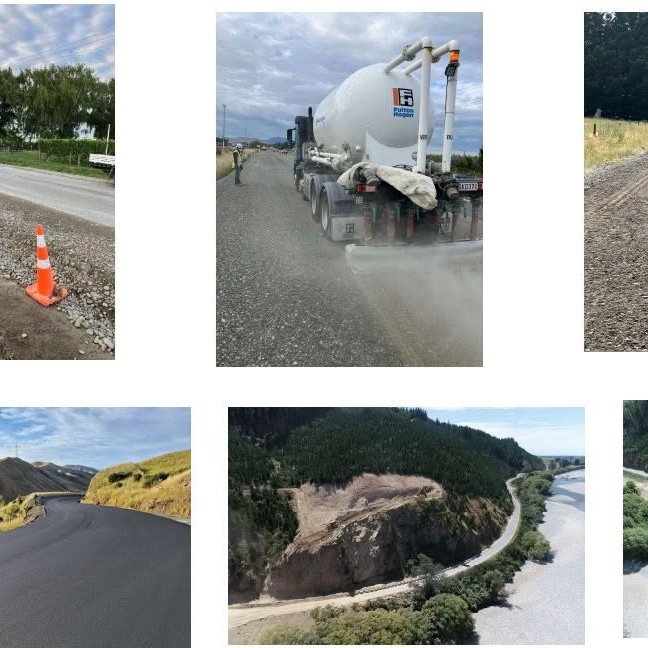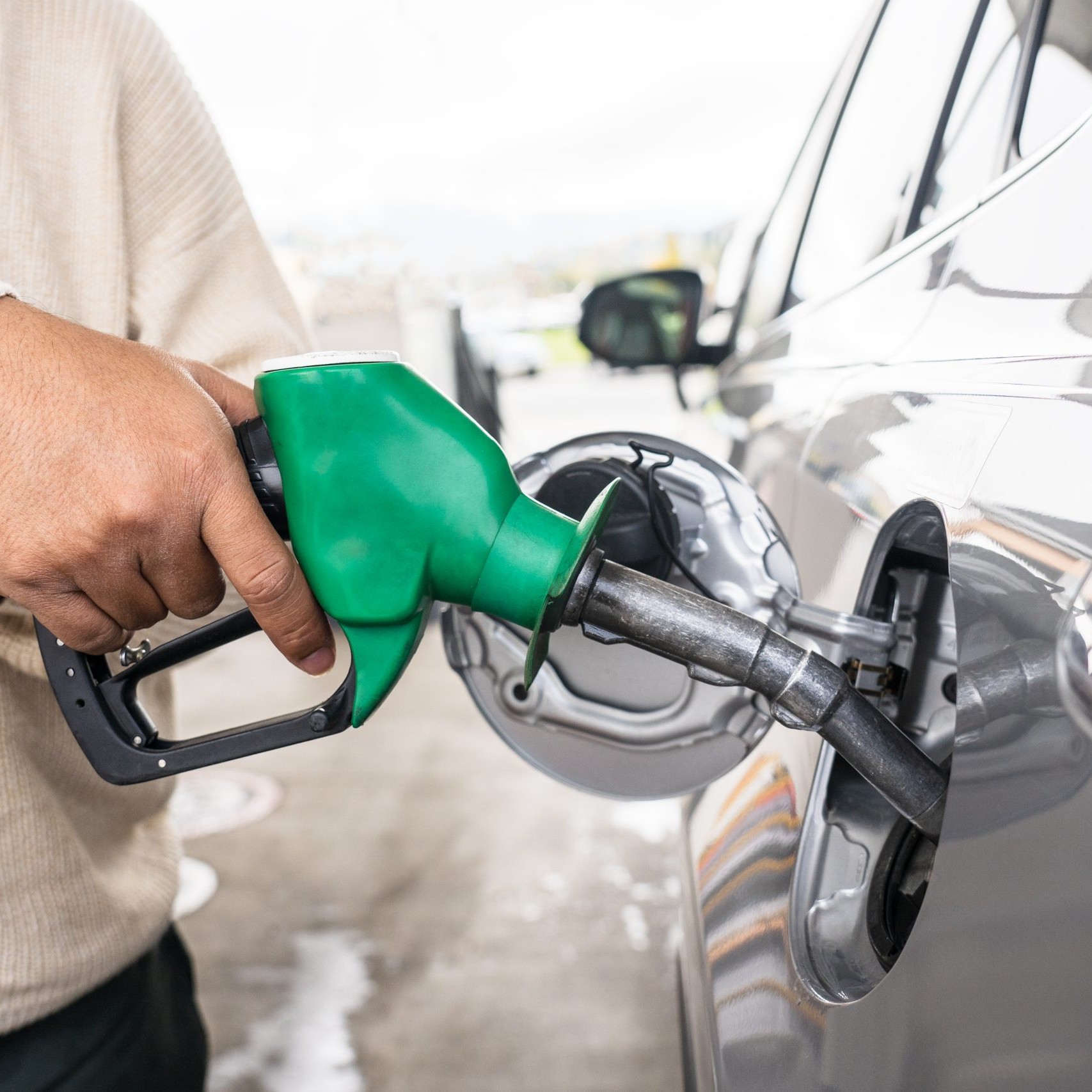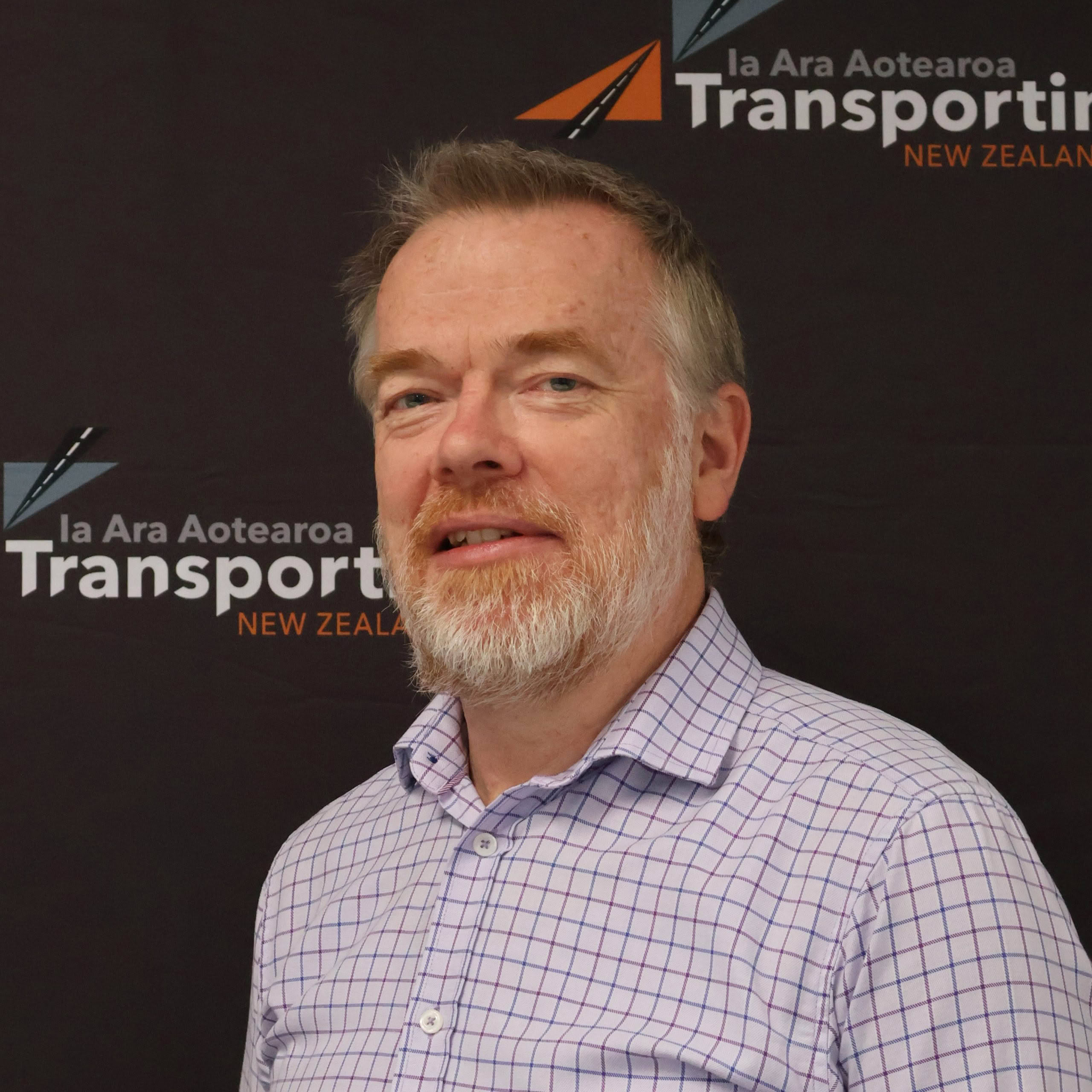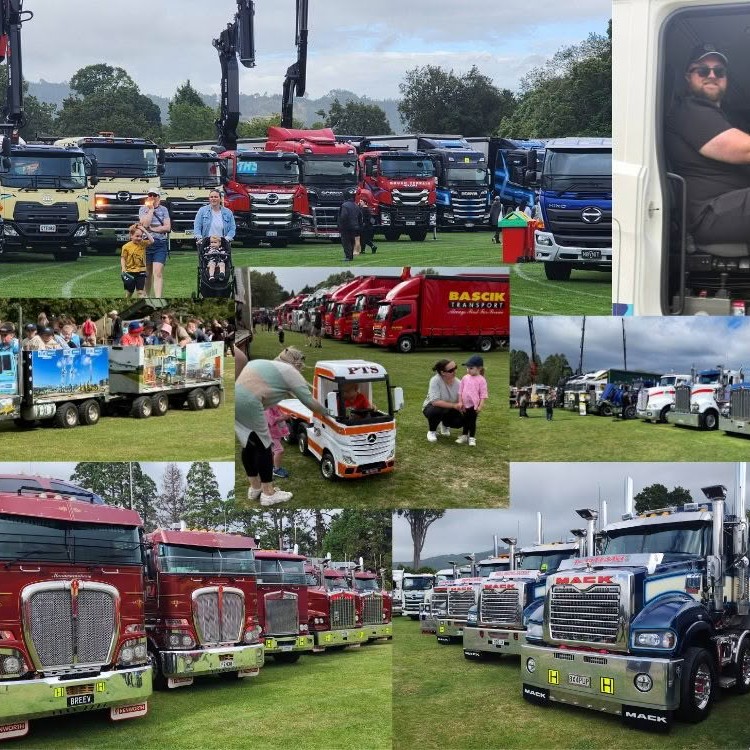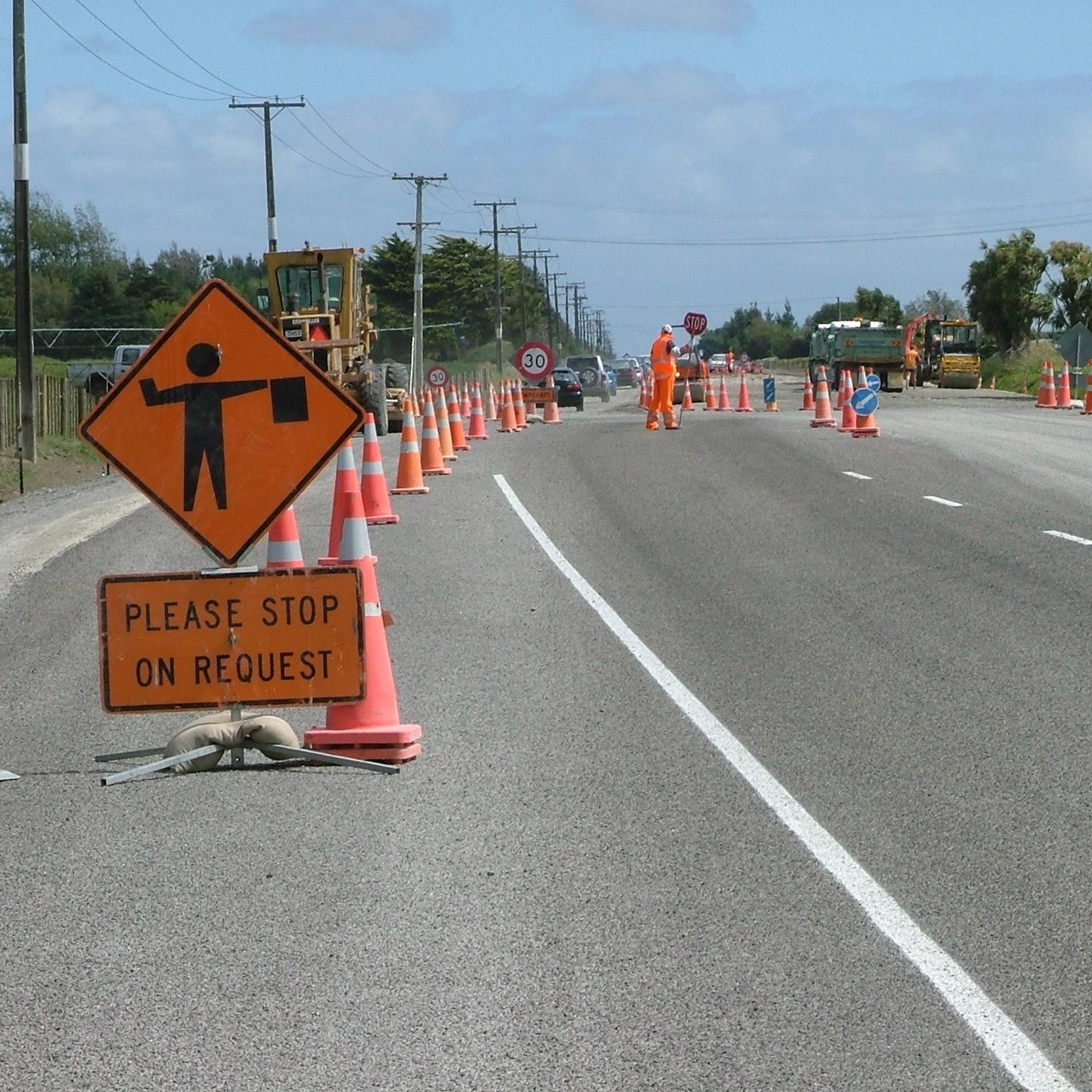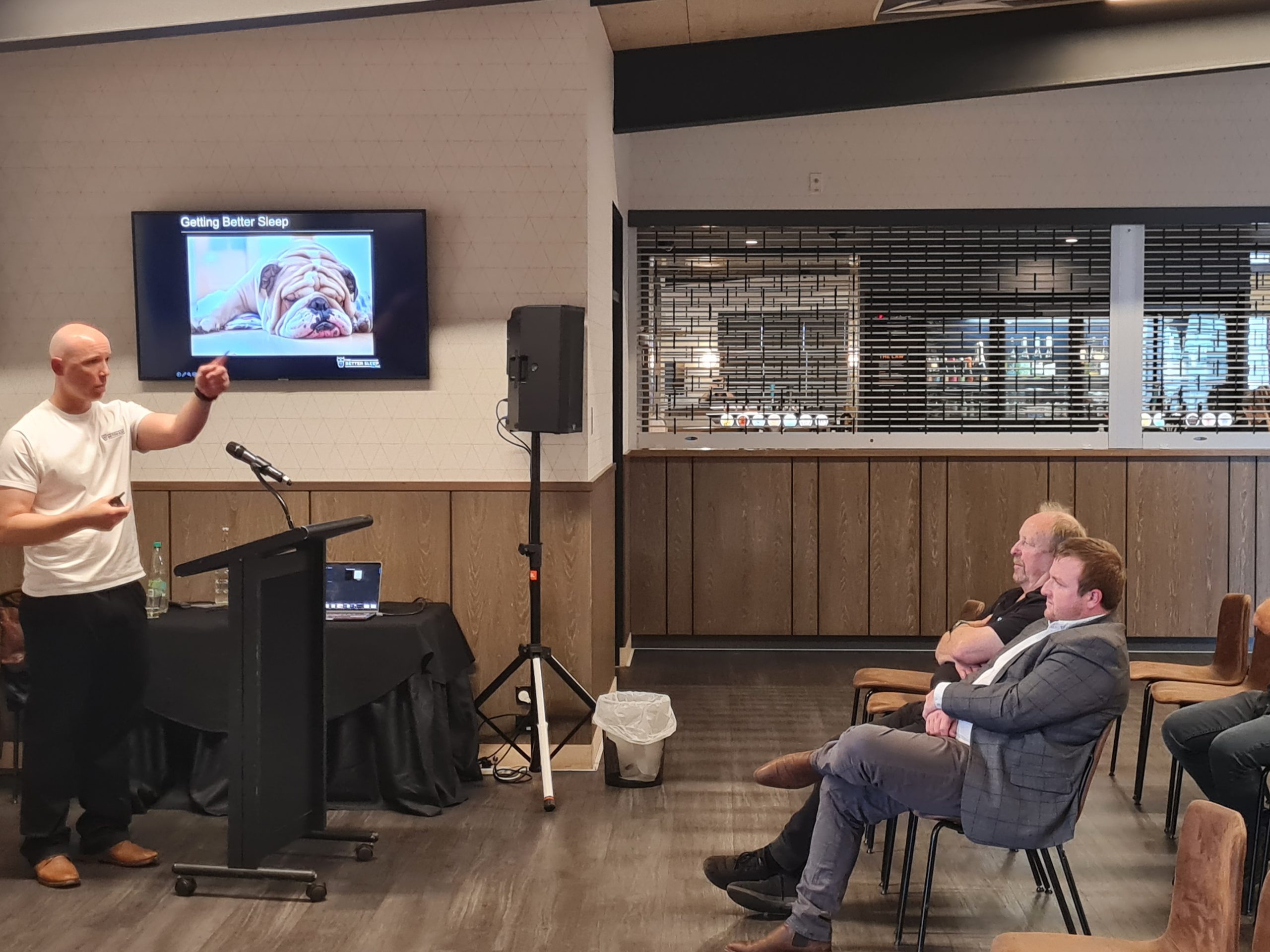
A good night’s sleep can be the difference between a safe trip and a dangerous one. Yet in transport, where long hours, shift work and pressure to perform are part of the job, sleep is often neglected or misunderstood.
At a recent Transporting New Zealand member seminar in Christchurch, sleep expert and former army psychologist Dan Ford of the Better Sleep Clinic challenged operators to rethink what they know about rest. His message was blunt: forget the myths and focus on what really works.
Stop aiming for “eight hours”
Ford drew an important distinction between sleep deprivation – not allowing enough time to sleep, and sleep inability – being unable to switch off even when you try. Both are common, but they are not the same. And neither is solved by clinging to the popular idea that everyone needs exactly eight hours. In reality, the right amount of sleep varies between five and nine hours, and the true measure is how well you function during the day.
Good sleepers generally nod off within half an hour, wake briefly once or twice a night, and spend most of their time in bed asleep. But what matters most, Ford told the audience, is how alert and effective you are when you are awake, not a rigid number on the clock.
Sleep and health
Over the long term, a lack of quality sleep can have different consequences depending on which category people fall into following a bad night. Ford’s rule of thumb is this: If you tend towards the “wired” fatigued state associated with insomnia, you’re more at risk of mental health issues. Physical health conditions are of higher risk for those who experience daytime sleepiness.
Poor sleep raises the risk of several health problems, including cancers and cardiovascular diseases. There’s even a link with Type 2 diabetes, as the condition is worsened by being overweight, which in turn is exacerbated by sleep apnoea. What’s more, sleep loss makes us hungrier by suppressing the hormone that recognises when we’re full, triggering cravings for high-calorie or “junk” food.
The correlation between sleep problems and mental health issues is also startling. About ninety per cent of those who suffer from depression reported having insomnia prior to their depression diagnoses. When people are experiencing both sleep problems and a psychiatric disorder of any kind, it is crucial to address both.
“When you do have a sleep condition, it makes treating a mental health condition much harder,” Ford said. “If you’re an organisation spending money on mental health for your people, and you’re not dealing with sleep problems, you’re kind of throwing that money down the drain, because they’re more likely to relapse later on.”
Ford explained that during a normal night we cycle repeatedly through different stages that help us process memories and emotions and aid physical restoration. One bad night can be balanced by deeper recovery the next, but with chronic sleep loss, we can lose out on these crucial benefits.
In the transport sector, relying on sleeping pills is especially risky. The fog they create the next day often impairs driving more than the insomnia itself. Instead, he urged operators to encourage natural, unmedicated rest as a workplace safety priority.
So what actually works?
What can drivers and operators do? Ford’s advice cut through some of the myths you may have seen online or on the news. ‘Sleep hygiene’ tips like cutting back alcohol and caffeine, keeping bedrooms cool, exercising earlier in the day, and sticking to a regular wake time can make a difference for many people. But it’s not one-size-fits-all – sleep disorders often require professional help to manage. Ford emphasised that, similar to how practicing good oral hygiene can prevent cavities but can’t treat one once it’s formed, sleep hygiene is useful for preventing disorders, not for curing them.
“Once you’ve got a sleep disorder you can be as ‘hygienic’ as a person in a hazmat suit and it’s not gonna make any difference.”
Ford cautioned against trying to force sleep. Lying in bed frustrated only teaches the brain to associate bed with sleeplessness. Sleep is a physiological process that can’t be achieved through amping up your efforts, just the same as sitting at the kitchen table for an hour won’t increase your appetite if you’re just not hungry. Sometimes it is better to get up and return when you are truly tired.
Contrary to popular belief, screens are not automatically harmful, and a strict bedtime is not essential. Placebo remedies like herbal teas, magnesium and rigid pre-sleep rituals rarely help, and can even create pressure that makes things worse.
When it’s time to ask for help
Insomnia affects up to 20 per cent of people and responds best to cognitive behavioural therapy (CBT-i). Apnoea, often signalled by loud snoring, is more dangerous. It raises the risk of serious illness and even premature death if untreated. Tools like the STOP BANG checklist can help identify those at risk, and treatments include CPAP machines, oral devices or positional therapy.
For drivers, the takeaway was simple. Know your body’s needs, treat snoring as a possible health issue, use naps strategically, and do not put faith in overhyped fixes. As Ford reminded the room, in road transport, healthy natural sleep is not just about wellbeing. Managing fatigue saves lives.
For more information, contact the team at Transporting New Zealand, and for more free and informative events like this, check out our online calendar.
This article was first featured in Truck & Driver (November 2025 issue).

